
1. Classic Diners and Soda Fountains
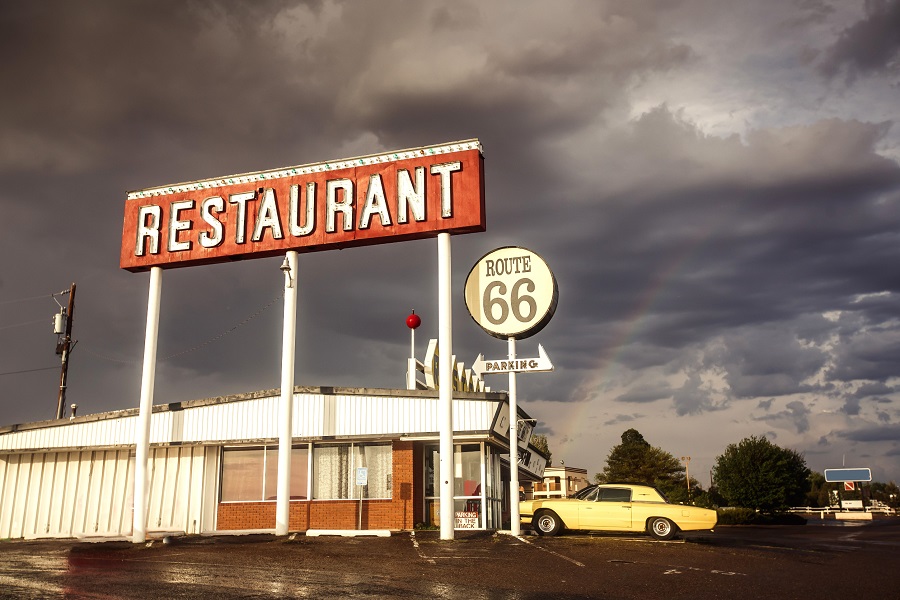
2. Roller Skating Rinks
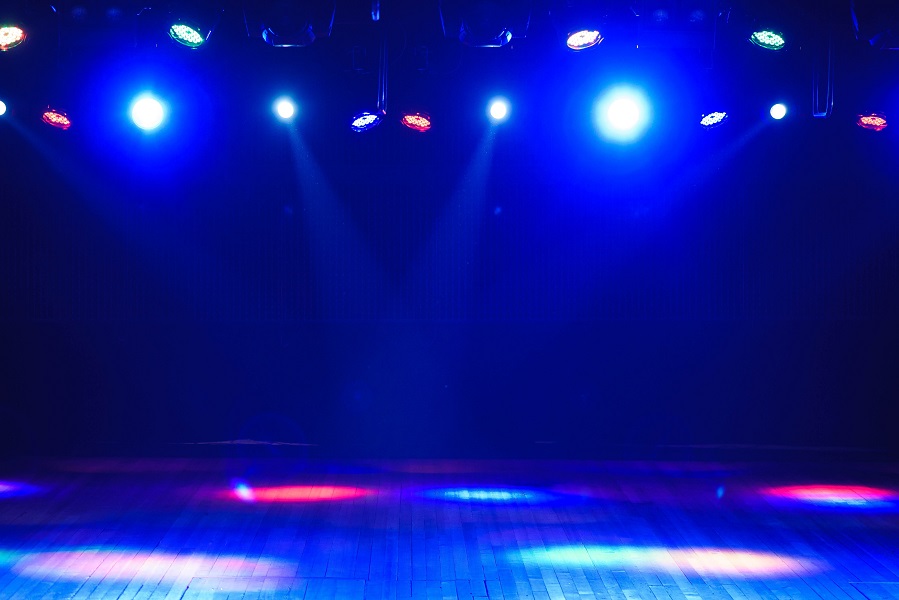
3. Drive-In Theaters
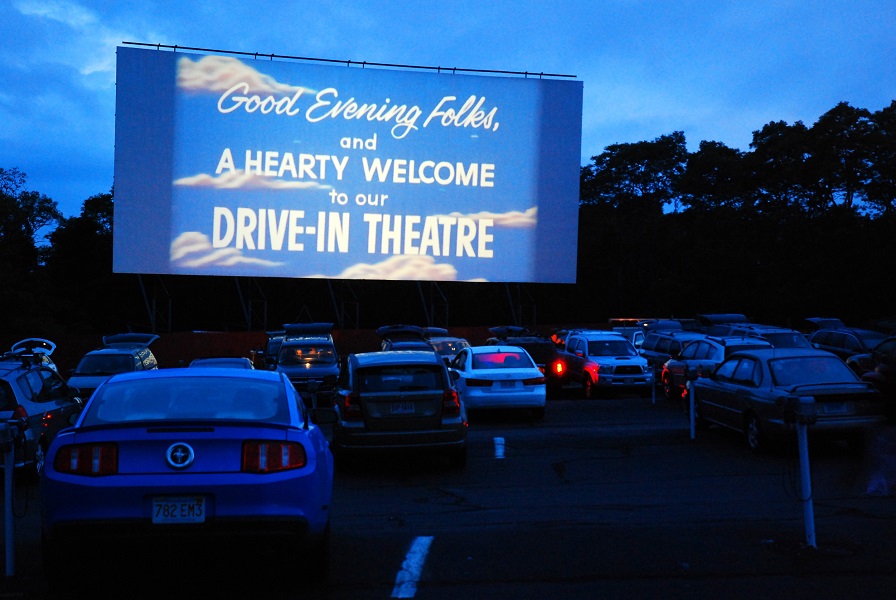
4. Record Stores

5. Arcades
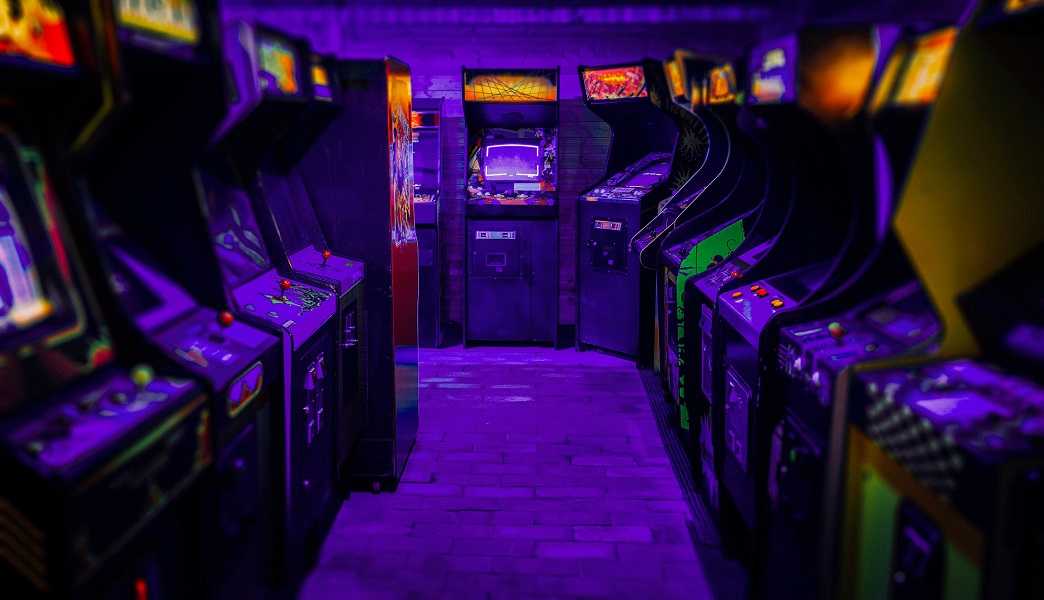
6. Bookstores and Libraries with Reading Rooms

7. Youth Clubs and Community Centers

8. Dance Halls
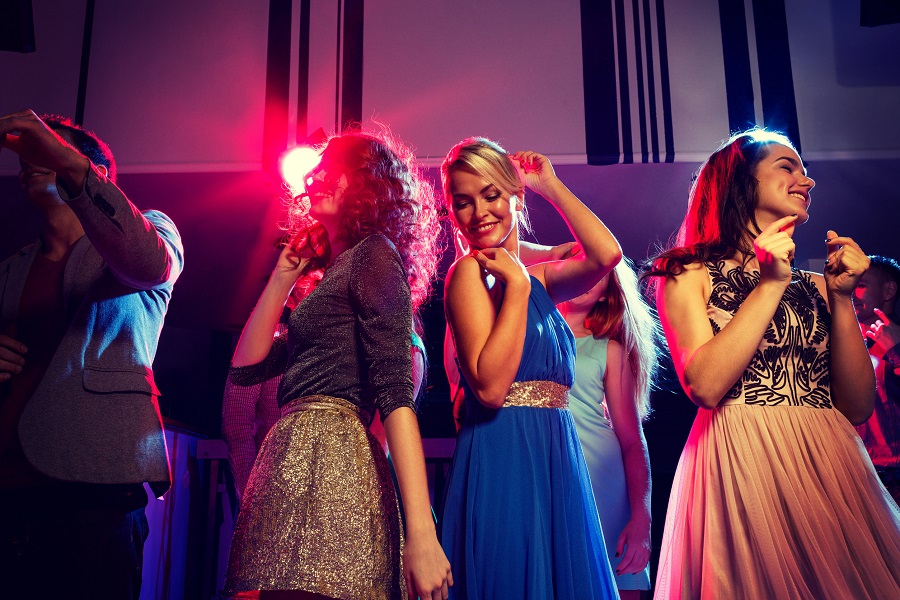
Gone, But Not Forgotten
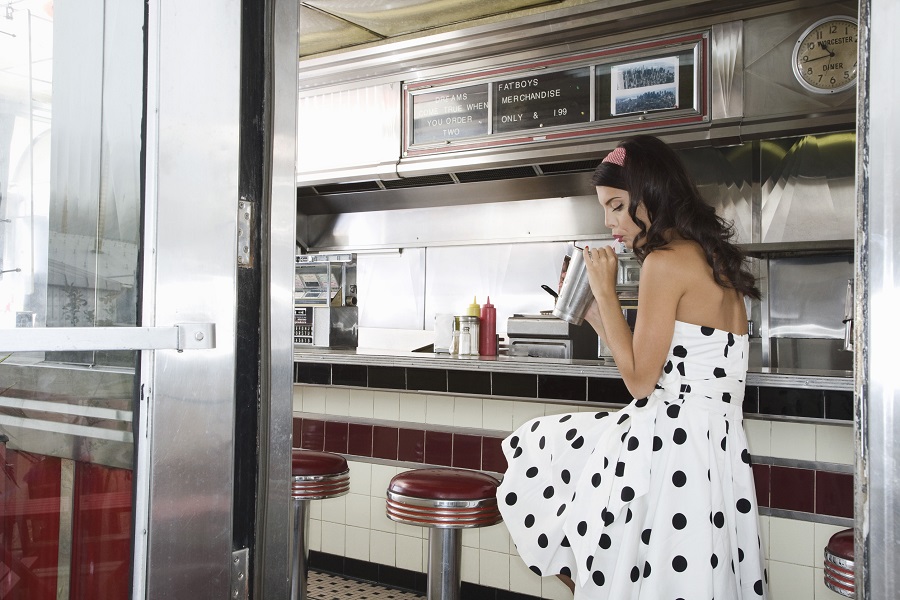
18 Polite Gestures From the 60s That Don’t Exist Today
20 Unmissable Events from the 1960s That Shaped History

Toi Williams began her writing career in 2003 as a copywriter and editor and has authored hundreds of articles on numerous topics for a wide variety of companies. During her professional experience in the fields of Finance, Real Estate, and Law, she has obtained a broad understanding of these industries and brings this knowledge to her work as a writer.

Speak Your Mind